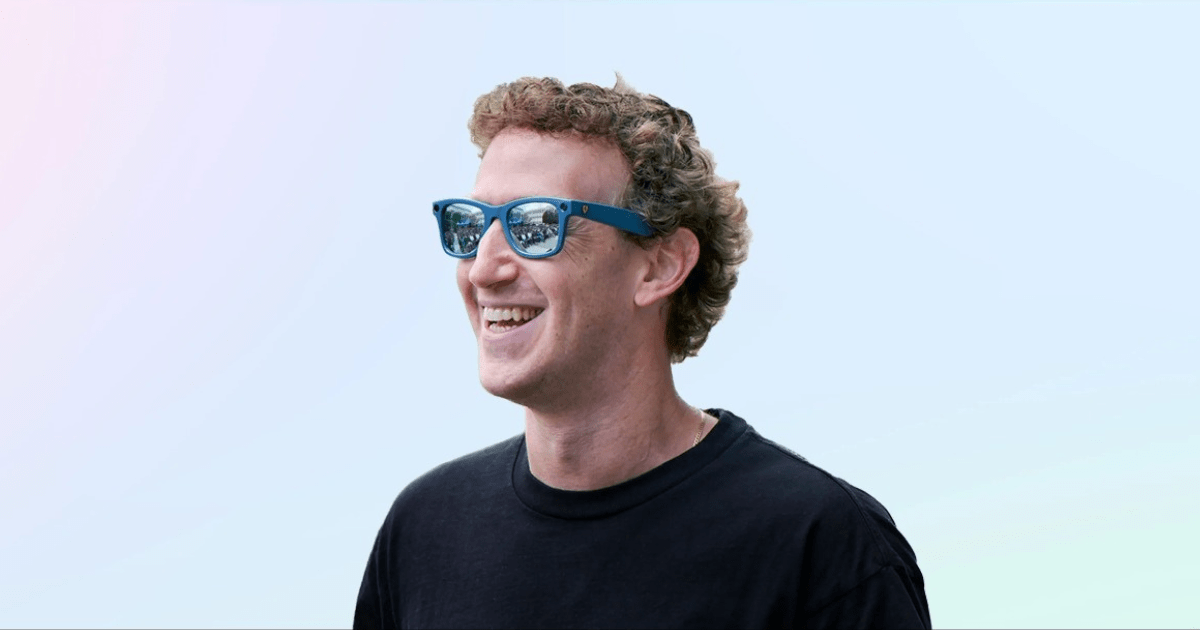Meta Connect 2025 Highlights AI-Powered Smart Glasses and Future Roadmap

Key Points
- Meta Connect 2025 launched with a keynote by CEO Mark Zuckerberg at Menlo Park headquarters.
- AI‑powered smart glasses created with Ray‑Ban and Oakley were the primary hardware announcements.
- Oakley glasses feature a single front‑facing camera and a large unified lens for athletes.
- The event hinted at possible additional reveals across Metaverse, Quest, and AI initiatives.
- A developer keynote and a technical discussion between Michael Abrash and Richard Newcombe followed the opening.
- Meta signaled plans for an ultralight VR headset slated for release by the end of 2026.
Meta Connect 2025 kicked off with a keynote from CEO Mark Zuckerberg at the company’s Menlo Park headquarters. The event showcased the latest AI‑powered smart glasses developed with Ray‑Ban and Oakley, while hinting at additional surprises across the Reality Labs portfolio. Executives discussed the future of contextual AI in wearables, upcoming product releases, and the company’s broader ambitions in the Metaverse and artificial intelligence. The conference schedule featured a developer keynote and a technical conversation between senior Reality Labs leaders, offering a comprehensive look at Meta’s next wave of hardware and software innovations.
Opening Keynote and Venue
Meta Connect 2025 opened at 5 p.m. PT on Wednesday with a keynote delivered by Chief Executive Officer Mark Zuckerberg. The live‑streamed event took place in person at Meta’s headquarters in Menlo Park, with free virtual access through the company’s website, Facebook developer page, and Horizon on Quest headsets.
AI‑Powered Smart Glasses Take Center Stage
The headline hardware announcement centered on AI‑enabled smart glasses created in partnership with Ray‑Ban and Oakley. Meta highlighted that the Ray‑Ban model already boasts millions of units sold and that the new Oakley design targets athletes with a single front‑facing camera and a large unified lens. Both devices integrate contextual AI to deliver on‑device assistance and hands‑free interaction, positioning them as the flagship products of the conference.
Potential Additional Surprises
Organizers signaled that the event might include further reveals beyond the smart glasses, leaving room for possible updates on the Metaverse, Quest headsets, or other Reality Labs initiatives. While no specific products were confirmed, the agenda suggested that Meta could use the platform to outline its broader AI strategy.
Developer and Technical Sessions
Following the keynote, a developer‑focused address began at 10 a.m. PT on Thursday, outlining new experiences developers can build with Meta’s devices. A subsequent conversation at 10:45 a.m. PT featured Chief Scientist of Reality Labs Michael Abrash and Vice President of Reality Labs Research Richard Newcombe. The pair discussed the future of glasses equipped with contextual AI and how Meta intends to shape the next generation of computing.
Future Hardware Outlook
Although no new Quest headsets were unveiled, Meta hinted at an ultralight VR headset slated for release by the end of 2026. The company also mentioned ongoing work within its Meta Superintelligence Labs, which aims to advance cutting‑edge AI systems under the leadership of former Scale AI CEO Alexandr Wang.
Overall Significance
Meta Connect 2025 served as a pivotal moment for the company, showcasing its commitment to AI‑driven wearables while reaffirming its long‑term vision for the Metaverse and advanced artificial intelligence. The blend of product announcements, developer guidance, and technical insight provided a comprehensive snapshot of Meta’s strategic direction moving forward.